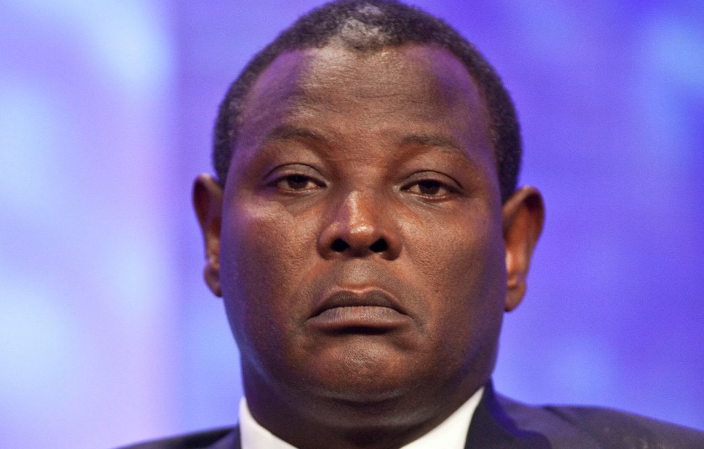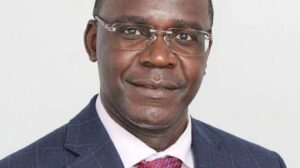The recent exposure of a Ksh. 1.5 billion fraud involving an insider at Equity Bank has sent uncertanity across the country.
However, as alarming as this expose is, it raises even more unsettling questions about what else is being concealed behind the bank’s polished facade.
While the Ksh. 1.5 billion fraud is a staggering sum, it may only be the tip of the iceberg, hinting at a deeper rot within the institution and perhaps, the financial sector as a whole.
For years, Equity Bank has enjoyed a reputation as a people’s bank, with its CEO, James Mwangi, often lauded for his role in expanding access to financial services across Kenya and beyond.
But beneath this surface lies a more troubling reality.
Insider fraud is not a new issue for Equity Bank; there have been multiple instances over the years where customers have lost their money due to the actions of bank employees.
Despite these recurring issues, the bank has continued to operate with apparent impunity, raising serious concerns about the efficacy of Kenya’s financial regulatory bodies.
What is particularly disturbing is the apparent lack of action from these regulators.
The Central Bank of Kenya (CBK), the institution responsible for overseeing financial institutions, has been conspicuously silent on these matters.
This silence is deafening and suggests a possible collusion or, at the very least, a dereliction of duty.
When the institution tasked with protecting the public interest fails to act, it not only erodes public trust but also emboldens wrongdoers.
Equity Bank’s troubles do not end with insider fraud.
Social media platforms are awash with complaints from customers who have mysteriously lost money from their accounts.
These complaints, often ignored or inadequately addressed by the bank, point to a systemic issue that is being swept under the rug.
There are even more disturbing reports of Equity Bank staff allegedly colluding with criminals to track and rob customers who withdraw large sums of money from their accounts.
These are not isolated incidents but part of a broader pattern of malpractice that should alarm all Kenyans.
One cannot discuss Equity Bank without mentioning its CEO, James Mwangi.
His wealth, now reportedly surpassing the dollar billionaire mark, has raised eyebrows, especially given the manner in which it has been accumulated.
Mwangi has perfected the art of political maneuvering, ensuring that his business empire remains protected regardless of the political climate.
During the 2022 elections, he is alleged to have funded both Raila Odinga and William Ruto, thereby securing favor with whoever emerged victorious.
This kind of political hedging raises serious ethical questions about the influence of money in Kenyan politics and the extent to which it compromises the integrity of the country’s financial system.
Mwangi’s business dealings have also come under scrutiny, particularly his involvement in government contracts and loans.
These contracts, often shrouded in secrecy, have contributed to Kenya’s mounting debt burden.
It is no secret that the country’s debt situation is becoming increasingly untenable, and questions must be asked about the role that Equity Bank and other financial institutions have played in this crisis.
The Ksh. 1.5 billion fraud scandal at Equity Bank should serve as a wake-up call for all Kenyans.
It is not enough to address this singular incident; there must be a broader investigation into the bank’s operations and its relationship with the political elite.
Why does Equity Bank seem to be above the law? How many other malpractices are being concealed? And most importantly, what will it take for the regulators to act in the public interest rather than turning a blind eye to these serious issues.
Kenyans deserve answers. The integrity of the country’s financial system is at stake, and it is imperative that those in positions of power are held accountable.
The Ksh. 1.5 billion fraud may be just the beginning; the real question is, what more is being hidden? But worry not because here at leaked.co.ke we’re at the forefront of revealing it and keeping you on the know.





















Add Comment